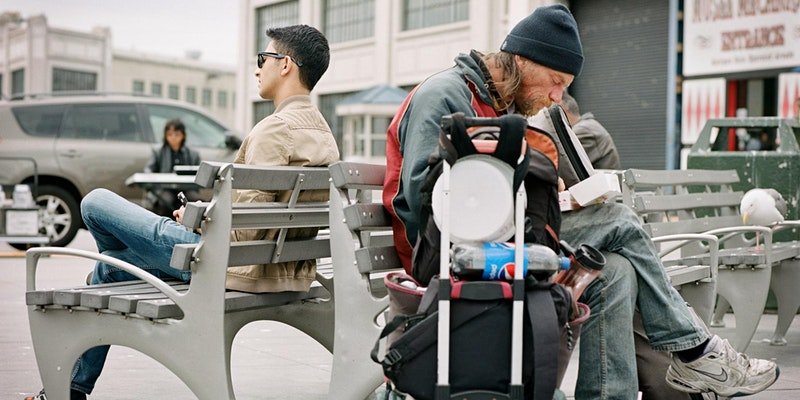upcoming events
past events
-

BIEN 2022
The 21st BIEN Congress will be a hybrid event, involving a mixture of online and face-to-face events. The main face-to-face event will take place in Brisbane, Australia in the form of a one-day symposium on Monday 26th September 2022.
BIEN 2022 will be jointly hosted by BIEN Australia, The Faculty of Humanities and Social Sciences at The University of Queensland, and the Australian Basic Income Lab.
-

Basic Income after COVID-19: Social Security, Work & Wealth
Hosted by the School of Social & Political Sciences, University of Sydney, the Australian Basic Income Lab (ABI) – University of Sydney, Macquarie University & the Australian National University invite you to participate in its inaugural national workshop.
-

From Bailouts to Basic Income?
COVID-19 was a shock that overwhelmed the economic and social security systems of many countries. Governments around the world were forced to implement emergency policy measures to reduce the carnage caused by the pandemic. From wage subsidies to universal childcare, flexible work arrangements, and quasi-basic incomes, these dramatic interventions changed lives. But most have been quickly wound back or axed entirely. Social scientists can draw out the lessons from these ad hoc policy experiments to chart a way towards an economic security agenda for a post-pandemic world.
-

On Care, Welfare Conditionality and Free riding
Care is essential to all life – we need it, we feel it, we desire it and none of us can live without it. It underpins so many practices in our lives – from reproductive work, to caring for children and the elderly, the community and ecology. This essential but mostly unpaid work is also something that the economy is dependent on, and it is mostly carried out by women. In this paper, Klein examines this “freeriding” (termed by Nancy Fraser) and its relationship with the ongoing stigmatisation of single mothers not in the labour force. Drawing on empirical research into contemporary welfare conditionality programs, Klein argues that welfare conditionality not only further stigmatises women, but can reinforce the expropriation of women’s labour. In drawing attention to the links between gender, welfare conditionality and capitalism’s dependency on care, Klein asks, what other ways can we imagine social security that values care and those that do the work?